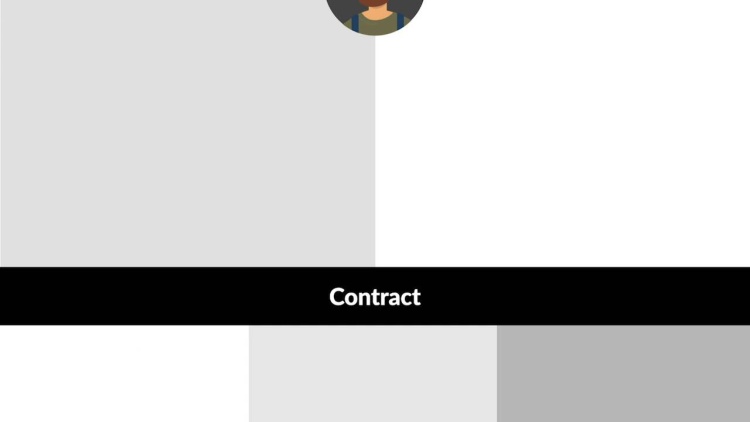Lowy v. United Pacific Insurance Co.
Supreme Court of California
429 P.2d 577, 67 Cal.2d 87 (1967)
- Written by Megan Petersen, JD
Facts
Marcus Lowy (plaintiff) entered into a contract with Arnold Wolpin (defendant), a licensed contractor, for the performance of excavation and grading work on Lowy’s property, as well as street-improvement work. Exhibit A of the contract provided that Lowy would pay Wolpin $73,500 for the grading and excavation work. Exhibit B of the contract provided prices Lowy would pay for the performance of various street-improvement work done by Wolpin. The Exhibit B prices related only to the street-improvement work and excluded all excavation and grading work. Additionally, the $73,500 lump sum paid to Wolpin was intended only to apply to excavation and grading work and did not include street-improvement work. Lowy required Wolpin to post a $73,500 bond for the excavation and grading work. When this work was nearing completion, Lowy required Wolpin to post a separate $125,000 bond for the street-improvement work. Wolpin performed 98 percent of the excavation and grading work, including $7,200 in extra excavation and grading work. The only excavation and grading work remaining could be performed for $1,470. A dispute then arose between the parties over the price of this extra work. Wolpin ceased performance, and Lowy immediately hired another contractor to perform the remaining $1,470 of excavation and grading work, as well as all of the street-improvement work. Lowy brought suit in California state court against Wolpin via his insurance company, United Pacific Insurance Co. (defendant) for breach of contract. Wolpin argued that his contract with Lowy was divisible and brought a cross-complaint for damages for breach of the excavation and grading portion of the contract. The trial court found that Lowy breached the contract by employing another contractor to do the street-improvement work and by not paying Wolpin for excavation and grading work when due. The trial court held that Lowy’s breach excused Wolpin from further performance and awarded damages of $17,836.50 based on the excavation and grading work performed plus $4,000 in attorney’s fees to Wolpin. The trial court also found that Wolpin breached the portion of the contract relating to street-improvement work and was not entitled to recover damages for loss of profits in connection with this work. Lowy appealed.
Rule of Law
Issue
Holding and Reasoning (McComb, J.)
What to do next…
Here's why 907,000 law students have relied on our case briefs:
- Written by law professors and practitioners, not other law students. 47,100 briefs, keyed to 996 casebooks. Top-notch customer support.
- The right amount of information, includes the facts, issues, rule of law, holding and reasoning, and any concurrences and dissents.
- Access in your classes, works on your mobile and tablet. Massive library of related video lessons and high quality multiple-choice questions.
- Easy to use, uniform format for every case brief. Written in plain English, not in legalese. Our briefs summarize and simplify; they don’t just repeat the court’s language.





